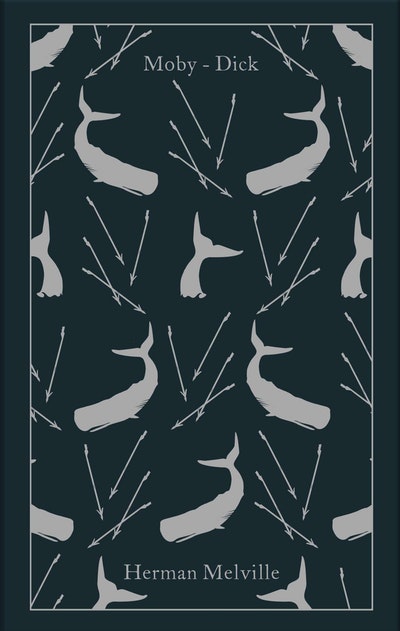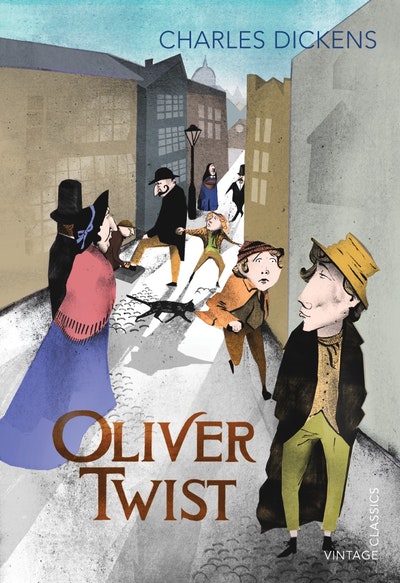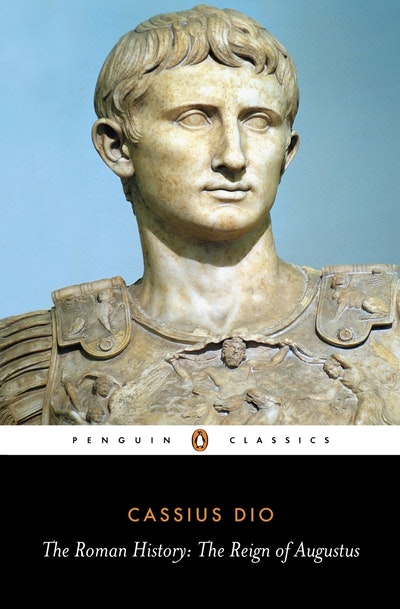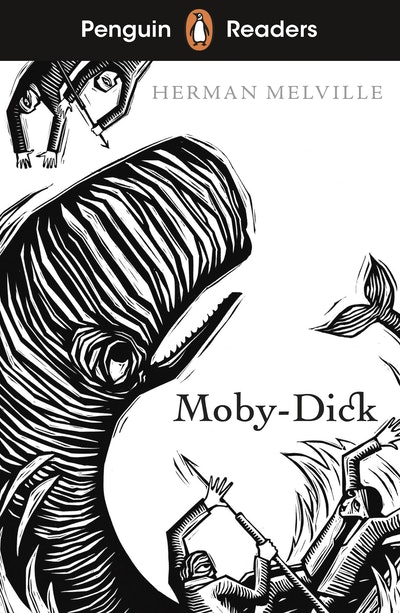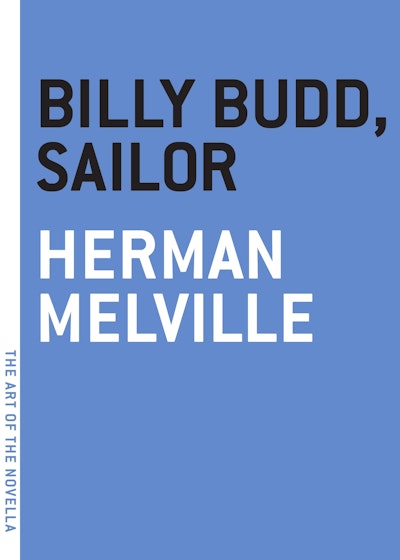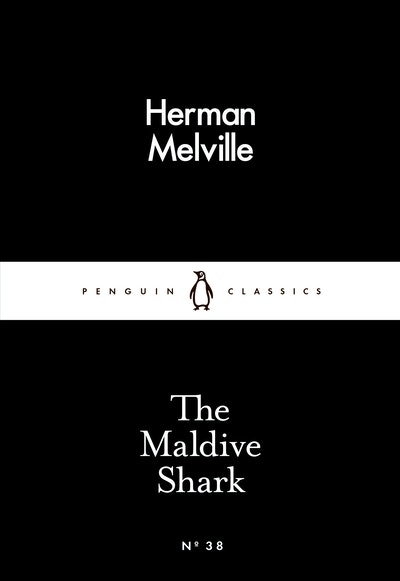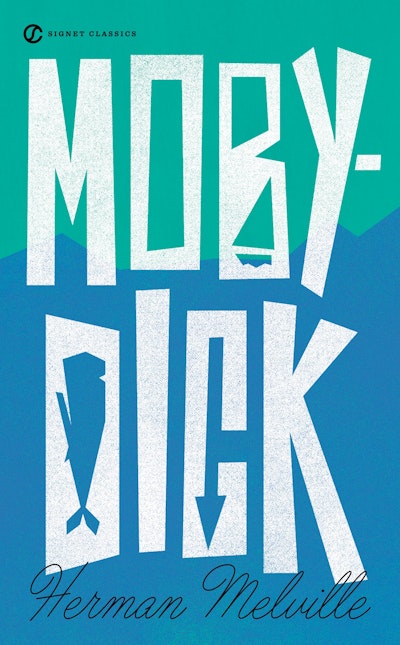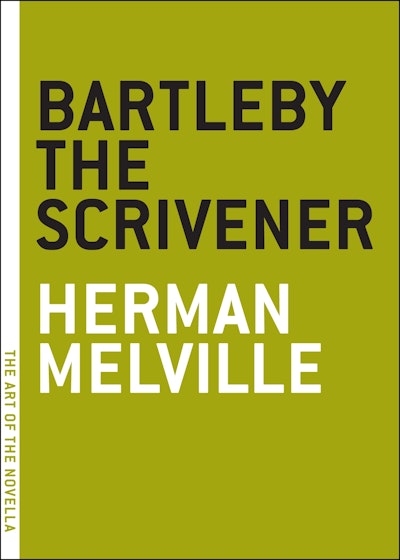- Published: 20 November 2013
- ISBN: 9780141199603
- Imprint: Penguin Classics
- Format: Hardback
- Pages: 720
- RRP: $39.99
Moby-Dick
Herman Meville's profound and timeless inquiry into one man's obsession, in a gorgeous new clothbound edition
Part of Penguin’s beautiful hardcover Clothbound Classics series, designed by the award-winning Coralie Bickford-Smith, these delectable and collectible editions are bound in high-quality, tactile cloth with foil stamped into the design.
In part, Moby-Dick is the story of an eerily compelling madman pursuing an unholy war against a creature as vast and dangerous and unknowable as the sea itself. But more than just a novel of adventure, more than an encyclopedia of whaling lore and legend, Moby-Dick is a haunting, mesmerizing, and important social commentary populated with several of the most unforgettable and enduring characters in literature. Written with wonderfully redemptive humor, Moby-Dick is a profound and timeless inquiry into character, faith, and the nature of perception.
This edition contains the definitive text of Moby-Dick based on the Northwestern-Newberry edition. It also features an introduction by Andrew Delbanco and explanatory commentary by Tom Quirk.
For more than seventy years, Penguin has been the leading publisher of classic literature in the English-speaking world. With more than 1,700 titles, Penguin Classics represents a global bookshelf of the best works throughout history and across genres and disciplines. Readers trust the series to provide authoritative texts enhanced by introductions and notes by distinguished scholars and contemporary authors, as well as up-to-date translations by award-winning translators.
- Published: 20 November 2013
- ISBN: 9780141199603
- Imprint: Penguin Classics
- Format: Hardback
- Pages: 720
- RRP: $39.99
